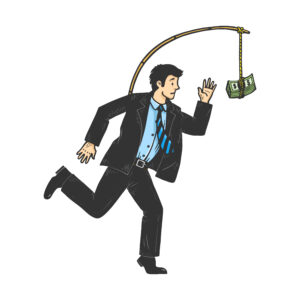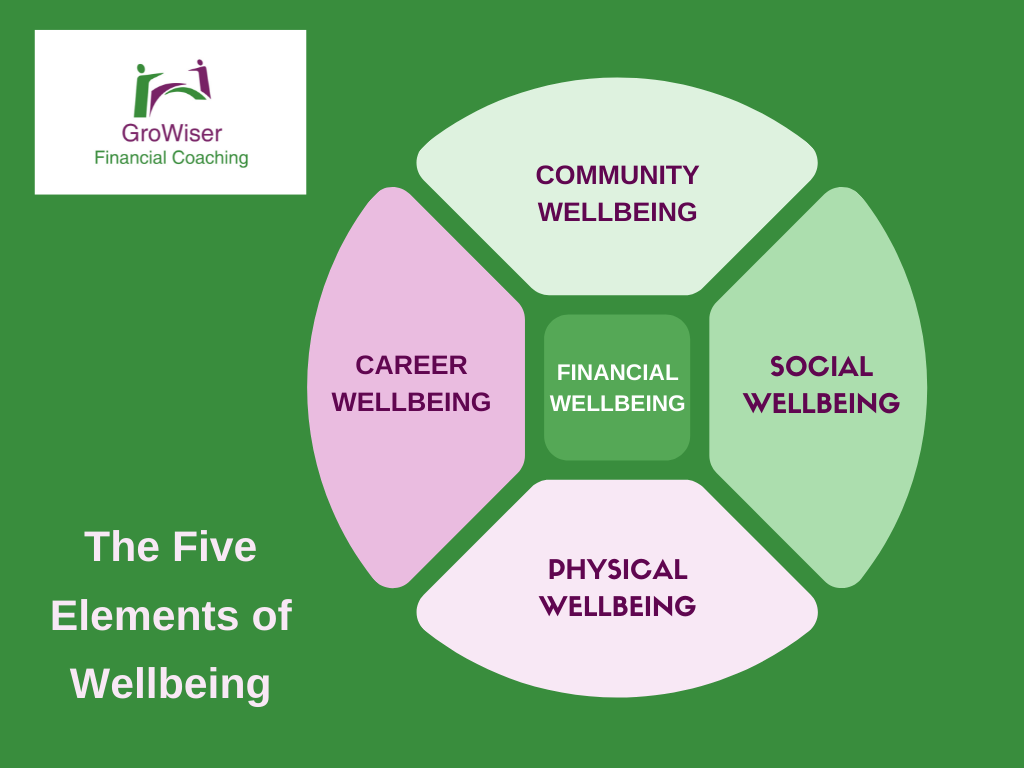I’ve never really been a fan of treadmills in the gym. To me, they seem like voluntary implements of torture; a way of punishing yourself without actually getting anywhere. But I do accept that many people enjoy using them regularly, which can improve physical wellbeing. The hedonic treadmill, by contrast, does not invoke physical pain but you still don’t get anywhere. In fact, it has a negative impact on your financial wellbeing.
Do you ever dream about how good it would be, or how much better you would feel, if you got what you wanted? A new car, a bigger house, a promotion at work, a special holiday, even a new partner.
Achieving those things can provide a boost of happiness. But you might notice the happy vibes being less intense or more short-lived than you had imagined.
The hedonic treadmill is the tendency for humans to quickly return to a relatively stable level of happiness, despite major positive or negative events in life. As a person makes more money, expectations and desires rise, so there is no permanent gain in happiness.
This can result in constant spending for short term dopamine hits. New gadgets, clothes, a car upgrade, eating out. These types of purchases will often fail to improve long term happiness. It’s like chasing rainbows.

Hedonic adaptation
Back in 1978, researchers Philip Brickman, Dan Coates and Ronnie Janoff-Bulman published a study about the relative happiness of lottery winners and accident victims.
Part of the study found that despite the extremely positive experience of winning the lottery, recipients tend to become accustomed to their new wealth. Before long, they return to a baseline level of general happiness. They adapt to their new circumstances and the new feelings of pleasure become less intense. Eventually, they fade away to become just normal.
Interestingly, this return to baseline happiness was also true of accident victims. Despite extremely negative events in life, people tend to adapt to their new situation. A conclusion of the research was that broadly speaking, lottery winners are not any happier than accident victims.
So the expression ‘hedonic adaptation’ is the tendency to return to our set level of happiness, despite life’s up and downs. As a result, many of us end up on the treadmill of buying new things in a never-ending quest to buy more happiness.
Getting off the hedonic treadmill
The coronavirus pandemic prompted a lot of people to re-assess what’s important. The “Great Resignation” has witnessed a mass movement in the workforce as people search out more meaningful work, flexibility and better opportunities.
Lockdowns and restrictions also created a period of time when many workers enjoyed lower commuting costs and less opportunity to spend money in restaurants and shops. Consumption dropped sharply and savings increased correspondingly.
It served as a reminder of how consumerist our society has become in normal times. Constant advertising urges us to spend money and upgrade our possessions. It’s all built on the premise that what we currently have is not good enough.
Focusing time on our wellbeing rather than material purchases is a good way to get off the hedonic treadmill of spending habits. The five areas of wellbeing – purpose, social, financial, community and physical – can help give us direction and act as a barometer of how we are. Click here to read more about the five elements of wellbeing.

Studies show that spending our time on experiences and helping others will provide more happiness in the long run. So, focussing our efforts on those things can help break the cycle of spending.
Set big, audacious goals
Aligning your daily actions with your long-term goals is a good way to live with purpose and to increase happiness. It can be hard to do, though. The vast majority of people have not set great big, audacious goals. You may have vague dreams of what you’d like to do and where you’d like to be in the future, but without having a plan and taking action, they just remain as dreams.
Much of this comes down to your own self-limiting beliefs and these are nigh on impossible to challenge without help from others.
Coaches can help inspire, motivate and guide you towards short and medium term goals. Complimenting this is good financial planning, which is about setting and reviewing progress towards long term life goals.
When’s the last time you shared your big dreams with someone else, then worked up a plan to achieve them?
Summary
Our happiness levels can be changed temporarily through circumstances, including the purchase of new things. But we quickly adjust back to our emotional baseline.
Working towards big, meaningful goals and acknowledging the progress we make along the way can provide as much happiness as reaching the goal itself.
So if you find yourself chasing happiness with continual purchases, give yourself permission to dream and start thinking big. Financial coaching could be a way to help define those long-term life goals and then begin enjoying the journey.




 Production
Production